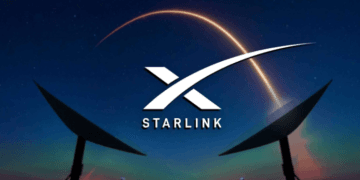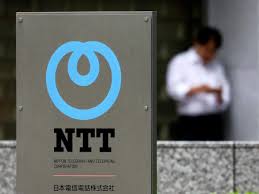Athira Sethu
Kochi, 24 February 2025
Elon Musk’s Starlink is also under growing threat from China’s SpaceSail and Jeff Bezos’s Project Kuiper, both of which are busy building out their satellite networks. SpaceSail, which is state-owned in China, is quickly building up its low-Earth orbit (LEO) presence with ambitions to launch thousands of satellites within the next decade. SpaceSail inked a deal in November to enter Brazil and has been negotiating with more than 30 countries. It has also started operations in Kazakhstan. Brazil, on the other hand, is in talks with Bezos’s Project Kuiper and Canada’s Telesat to broaden high-speed internet coverage throughout the nation.
Since 2020, Starlink has been dominating the LEO satellite market, launching more satellites than all the other players put together. Starlink offers secure, high-speed internet to far-flung locations, ships at sea, and even military personnel. China’s attempts to create a robust satellite network are however threatening Musk’s dominance. China has put a record 263 LEO satellites into space in 2023 and is planning to send another 43,000 satellites across the next few decades, a development that is viewed as part of its overall approach to increasing global influence.
SpaceSail is particularly a cause for concern, with 648 satellites planned to be launched this year and a target of 15,000 satellites by 2030. The Chinese government, which owns SpaceSail, views it as a means of creating global satellite broadband services and securing strategic economic and military benefits. The expansion of the company is being financed by state investment, and Chinese scientists have been working diligently on enhancing satellite technology.
China’s expansion into satellite technology also worries the West, as it would contribute to more internet censorship and enhance Beijing’s geopolitical power through its Belt and Road Initiative. The U.S. is, therefore, seeking to increase cooperation with nations in the Global South to counter China’s increasing digital dominance.
At the same time, SpaceSail and other Chinese players are also looking to create tracking and monitoring tools for satellite networks such as Starlink, introducing a further element of competition in the fast-developing space industry.




















